Samsung Galaxy A51
Bigger and better
Pros
- Modern design
- Vibrant AMOLED screen
- Fantastic battery life
- 48MP camera
- 3.5mm headphone jack
Cons
- Macro lens is frivolous
- Aging hardware
The Galaxy A51 has exciting new features that make it stand out. The new design on the back is joined by a 48MP primary camera, you get One UI 2.0 based on Android 10 out of the box, and the phone has outstanding battery life. The underlying hardware itself hasn't changed from last year, but if you're looking for a phone that covers the basics, the A51 is a great choice.
Samsung Galaxy A50
Still good value
Pros
- Same AMOLED panel as A51
- Same great battery life
- Usable 25MP camera
- 3.5mm headphone jack
Cons
- Few future software updates
- Aging hardware
The Galaxy A50 delivers most of the same features as the A51 for $100 less. It has the same AMOLED screen, the same great battery life, and with the Android 10 update now rolling out, the same One UI 2.0 interface. You miss out on the design and camera, but the 25MP shooter on the A50 is still pretty good in 2020, and you're getting much better value here.
Samsung is known for incremental updates — particularly in the mid-range segment — and that's broadly the case with the Galaxy A50 and A51. The Galaxy A51 debuted earlier this year with slight design tweaks and a better camera, but the fundamentals are largely unchanged from last year's A50. With so many similarities between the two devices, let's take a look and see if you're better off picking up last year's model for $100 less.
The Galaxy A51 has exciting upgrades that you'll care about
When I reviewed the Galaxy A50 last year, I called it one of the best phones Samsung released at $300. The Exynos 9610 chipset excelled at regular everyday use and extended bouts of gaming, and the 4000mAh battery easily lasted over a day without any issues whatsoever.
A year later, Samsung debuted the Galaxy A51 with largely unchanged internals. The phone has a new design and a camera with a higher-resolution sensor, but for the most part, this is the same phone as the Galaxy A50. As such, it doesn't quite hold up to its rivals in 2020. The hardware hasn't aged well, and with One UI 2.0, in particular, you will see the occasional lag in mundane tasks like browsing the web or scrolling through social media.
| Category | Samsung Galaxy A51 | Samsung Galaxy A50 |
|---|---|---|
| Operating system | Android 10 One UI 2.0 |
Android 10 One UI 2.0 |
| Display | 6.5-inch Super AMOLED 2400x1080 (20:9) Gorilla Glass 3 |
6.4-inch Super AMOLED 2380x1080 (19.5:9) Gorilla Glass 3 |
| Chipset | Exynos 9611 4 x 2.30GHz Cortex A73 4 x 1.70GHz Cortex A53 Mali-G72 MP3 10nm |
Exynos 9610 4 x 2.30GHz Cortex A73 4 x 1.70GHz Cortex A53 Mali-G72 MP3 10nm |
| RAM | 4GB/6GB | 4GB/6GB |
| Storage | 64GB/128GB | 64GB/128GB |
| MicroSD slot | Yes | Yes |
| Rear camera 1 | 48MP, f/2.0 4K at 30fps |
25MP, f/1.7 1080p at 30fps |
| Rear camera 2 | 12MP, f/2.2 Wide-angle lens |
8MP, f/2.2 Wide-angle lens |
| Rear camera 3 | 5MP, f/2.2 Portrait lens |
5MP, f/2.2 Portrait lens |
| Rear camera 4 | 5MP, f/2.4 Macro lens |
No |
| Front camera | 32MP, f/2.2 | 25MP, f/2.0 |
| Connectivity | Wi-Fi ac, Bluetooth 5.0 NFC, A-GPS |
Wi-Fi ac, Bluetooth 5.0 NFC, A-GPS |
| Audio | 3.5mm jack | 3.5mm jack |
| Battery | 4000mAh Non-removable |
4000mAh Non-removable |
| Charging | USB-C 2.0 15W |
USB-C 2.0 15W |
| Water resistance | No | No |
| Security | In-display fingerprint (optical) | In-display fingerprint (optical) |
| Dimensions | 158.5 x 73.6 x 7.9 mm 172g |
158.5 x 74.7 x 7.7mm 166g |
| Colors | Crush Black, Prism, Silver, Blue, Pink | Black, White, Coral, Blue |
Let's break down the list of features so you get a better idea of what's going on with the Galaxy A51. The phone has a striking new design that's more in line with the Galaxy A50s mid-cycle refresh last year. The back is broken into quadrants with subtle shifts in color, and there's also an iridescent pattern that is quite striking. The Galaxy A50 has a gradient finish at the back as well, but the design of the A51 makes it look much more upmarket.
The A51 also has the same rectangular camera housing as the Galaxy S20 series, with Samsung opting to use the same aesthetic across all of its 2020 devices. While the design itself is new, the Galaxy A51 features a polycarbonate back, just like its predecessor.
Upfront, the Galaxy A51 has a hole-punch cutout — once again similar to the Galaxy S20 series — and significantly thinner bezels. The waterdrop cutout on the A50 isn't distracting either, but the device has uneven bezels. The A51 looks sleeker, and the thin bezels have allowed Samsung to fit a marginally larger 6.5-inch screen on the A51 without increasing the dimensions. The Galaxy A50, meanwhile, has a 6.4-inch screen. The panel itself is great, with vibrant colors and great sunlight visibility.
You're primarily buying the Galaxy A51 for the 48MP camera at the back and the 32MP lens upfront.
The Exynos 9611 on the Galaxy A51 is near-identical to the Exynos 9610 on the Galaxy A50. There's no difference in the cores, with the newer chipset facilitating the 48MP camera module at the back. The memory and storage options are also unchanged, with the base variant of the Galaxy A51 offering 4GB of RAM and 64GB of storage. For what it's worth, you do get a MicroSD slot, and the 3.5mm jack is intact.
Continuing with the hardware, both phones feature the same 4,000mAh battery with 15W fast charging, and you easily get over a day's worth of use regardless of how hard you push either device. You also get Bluetooth 5.0, Wi-Fi ac, and NFC, but there's no Samsung Pay here.
Things get more interesting on the camera front. The Galaxy A51 features a 48MP f/2.0 primary camera, giving it a distinct advantage over the 25MP lens on the Galaxy A50. The A51 takes better photos in daylight, and while low-light shots aren't on the same level as what you get with the Pixel 3a series, the camera as a whole is better than the A50. You also get a more versatile 12MP f/2.2 wide-angle lens, and there's a 5MP macro lens thrown in for good measure. The macro lens is unusable for most scenarios, but it is there if you're interested in taking photos of objects from just 4cm away.
Then there's the software. The Galaxy A51 launched with One UI 2.0 based on Android 10 out of the box. The Galaxy A50, meanwhile, is just now starting to receive the update, with Samsung initiating the global rollout at the end of April. It will take several weeks before the update is available to all A50 units globally.
If you want to get the Android 12 update, you'll have to pick up the Galaxy A51.
There's no difference when it comes to the software features, but because the Galaxy A51 is newer and comes with Android 10 out of the box, it will receive the update to Android 12 once that becomes available. Samsung has done a decent job rolling out two platform updates to its mid-range phones, with the Galaxy A7 (2018) — which launched on Oreo — picking up Android 10 a few months ago.
Although Samsung takes its time to roll out updates, it has consistently managed to deliver them to most of the devices in its portfolio, and that's more than you can say about the rest of the industry. So what this means is that if you're picking up the Galaxy A50 now, you will only get one more guaranteed platform update to Android 11 sometime next year. So you have to factor that into your purchasing decision.
You can't go wrong with either phone
Because the Galaxy A51 and the A50 share the same fundamentals, they're very similar in day-to-day use. The A51 has a more upmarket look thanks to the design, and the 48MP camera does make a difference.
Get the Galaxy A51 if you want a better camera; otherwise, the A50 still has a lot to offer.
But the internal hardware itself is the same across both phones, and that means a few features are standard across either device: you get a fantastic screen, great battery life, and One UI 2.0. If you are looking to save $100, the Galaxy A50 still has a lot going for it in 2020.
The main reason to choose the A51 is the camera, and the fact that it will get updated to Android 12. The A50 will also get two platform updates, but because it launched over a year ago and already made the switch to Android 10, it will get just one more update to Android 11. So the $100 difference between the phones comes down to the fact that you're getting an additional software update, a better camera, and a more modern design aesthetic. It's worth the premium.
Samsung Galaxy A51
Bigger and better
Sleeker design, same great features
The Galaxy A51 takes the best of the A50 and introduces a higher-res camera and a more enticing design. The phone also runs One UI 2.0 out of the box, delivers incredible battery life, and has one of the best displays in this segment. If you need a phone that nails the basics, the Galaxy A51 is an easy recommendation.
Still good value
Samsung Galaxy A50
Even better deal in 2020
The Galaxy A50 continues to be a great value a year after its launch. You get the same screen, battery life, and internal hardware as the A51, and the phone is making the switch to One UI 2.0 based on Android 10 right now. The camera isn't as good as the A51, but if you don't care about that, the A50 is an excellent choice at this price point.
from Android Central - Android Forums, News, Reviews, Help and Android Wallpapers

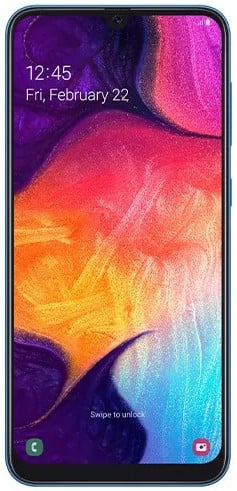
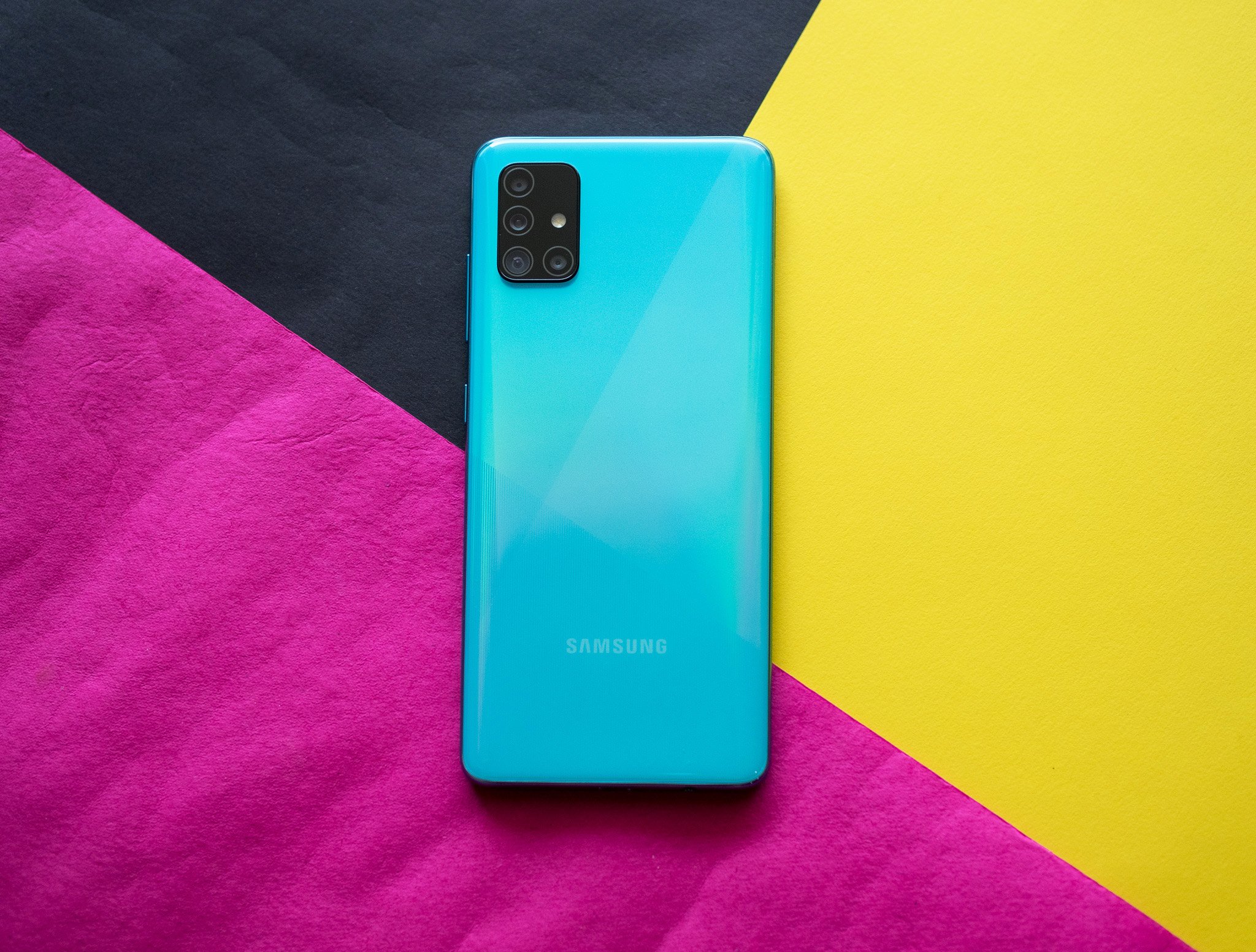
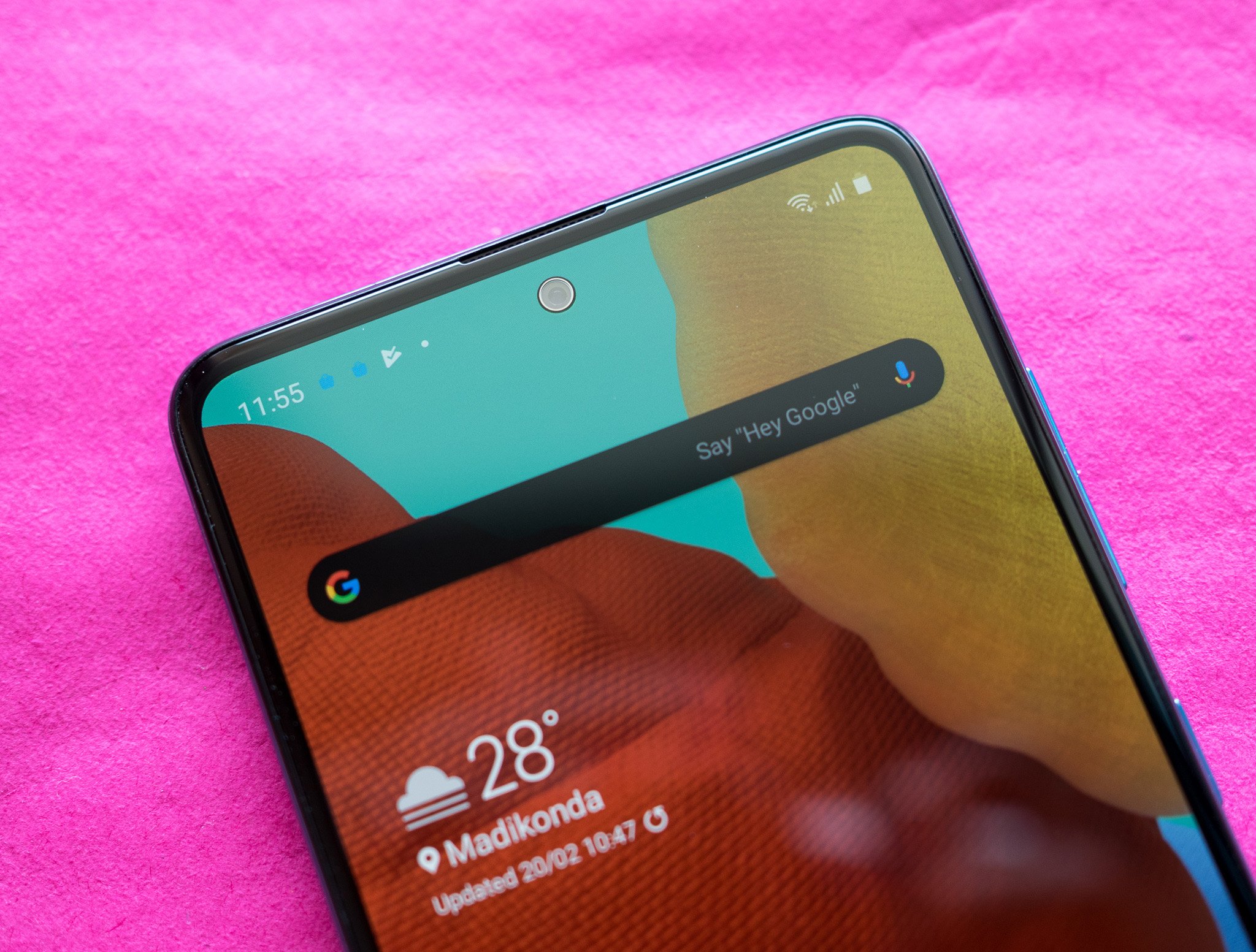
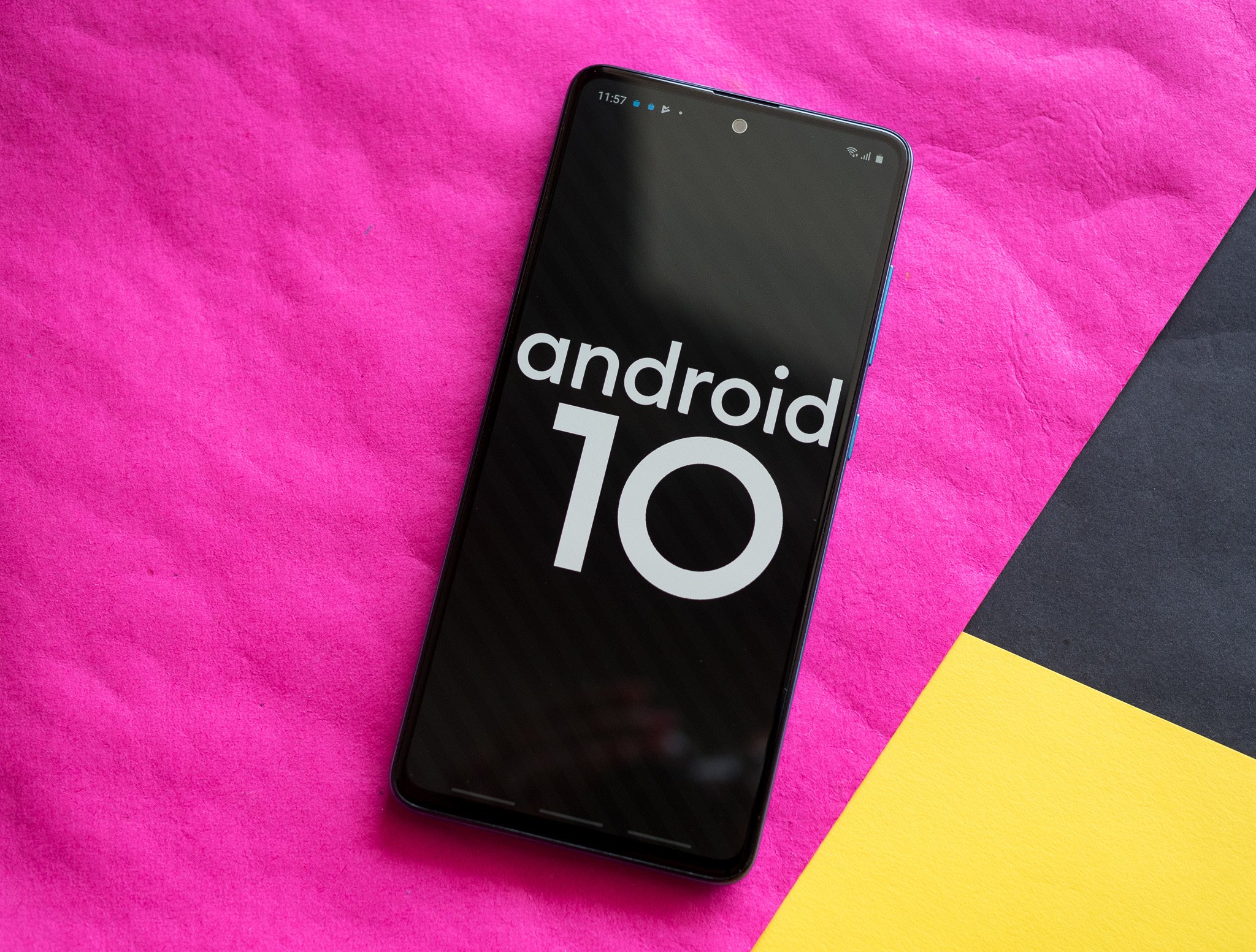
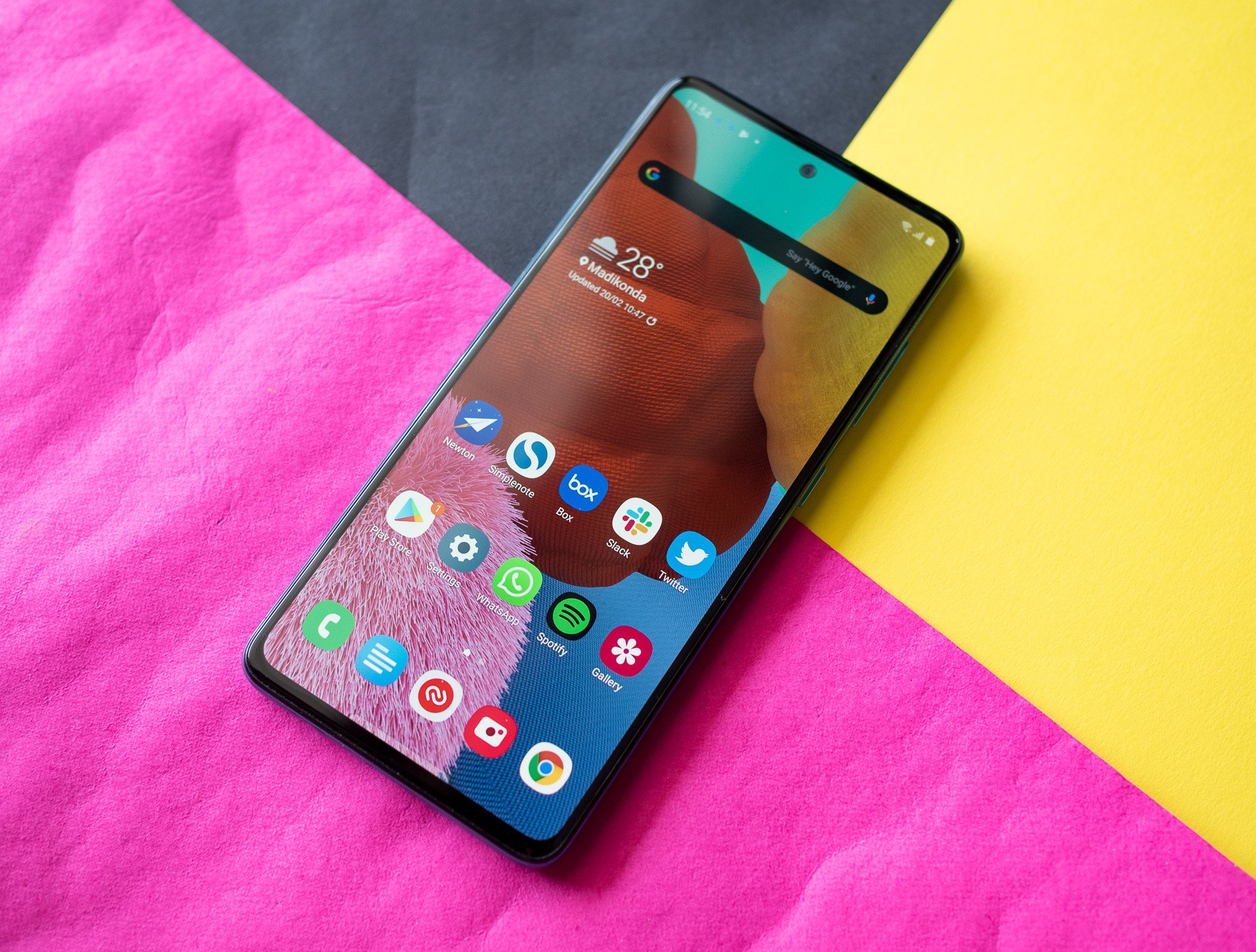

0 comments: